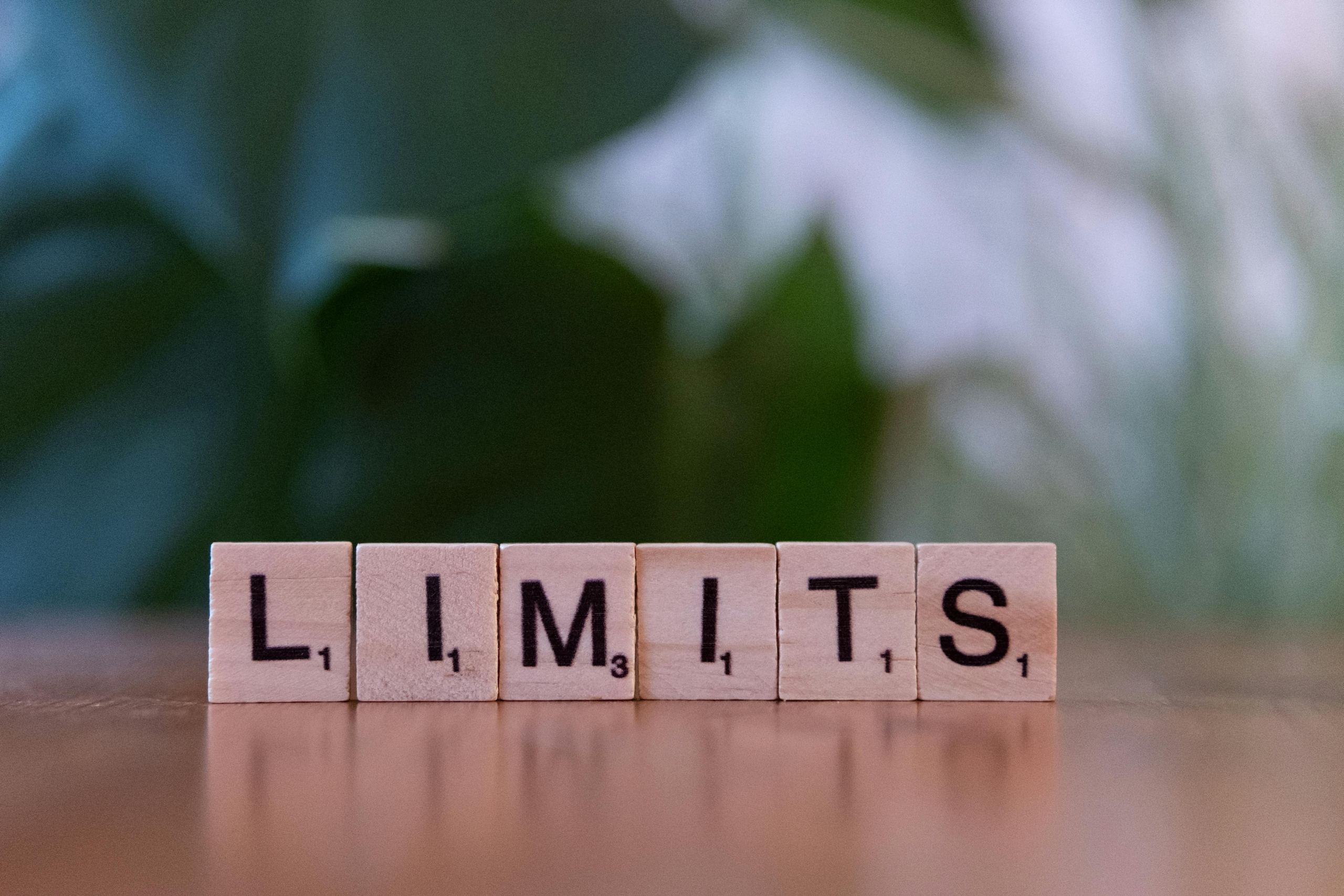Many people struggle with setting boundaries because they worry it will come across as harsh, selfish, or uncaring. But boundaries are not walls meant to shut people out. They are healthy limits that protect your time, energy, emotional well-being, and relationships. When boundaries are clear and respectful, they actually strengthen connection rather than weaken it. The challenge is learning to set them without feeling guilty or mean — especially if you’ve spent years putting others first.
Why Setting Boundaries Matters
Without boundaries, life becomes a series of obligations, pressures, and emotional drain. You may find yourself saying “yes” when you really mean “no,” absorbing the needs and moods of others, and constantly feeling overextended. Over time, this leads to resentment, burnout, and even damaged relationships.
Setting boundaries is essential because:
- It protects your energy and mental health
- It allows you to show up fully and authentically
- It creates clarity in relationships
- It reduces resentment
- It invites reciprocal respect
Boundaries are not a punishment but a form of clarity. When people know what you can and cannot offer, interactions become smoother and more respectful.
The Root of Feeling “Mean” About Boundaries
If you struggle with guilt when setting boundaries, you’re not alone. People often avoid setting limits because:
- They fear disappointing others
- They equate kindness with self-sacrifice
- They want to be liked or seen as helpful
- They worry conflict will arise
- They weren’t taught boundaries growing up
Many of us learned that being a “good” friend, partner, worker, or family member means always being available. But constant availability is not kindness — it’s self-erasure. True kindness includes yourself. When you remember that boundaries are ultimately about self-respect, the guilt starts to loosen.
Signs You Need Stronger Boundaries
You may need to start setting boundaries if you frequently:
- Feel drained after interacting with certain people
- Say yes when you want to say no
- Get frustrated because others “take advantage” of you
- Feel responsible for other people’s emotions
- Worry excessively about how others perceive you
Your emotions are data. If you feel discomfort or resentment, it’s your inner voice signaling that something is out of alignment.
How to Set Boundaries Calmly and Confidently
Get Clear on What You Need
Before talking to anyone else, check in with yourself.
Ask: What feels overwhelming or uncomfortable? What would feel better?
Example:
If someone messages you constantly expecting immediate replies, your need may be space and uninterrupted time.
Use “I” Statements
Communicating your boundaries is not about blaming others. It’s about expressing what supports your well-being.
For example:
“I value our friendship, and I also need alone time after work. I won’t be available to respond right away, but I’ll get back to you when I can.”
This is honest, respectful, and clear.
Keep It Simple
One of the biggest mistakes people make is over-explaining. You don’t need to justify your emotional needs. Clear and direct is kind.
For example:
“No, I won’t be able to make it.”
is enough.
You do not need to add:
“I’ve been so overwhelmed and tired, and I feel bad and I really wish I could but…”
The explanation dilutes the boundary. Don’t include it.
Stick to Your Limits
A boundary only works if it’s enforced. If someone pushes back, remind yourself:
Their reaction does not mean your boundary is wrong. Often, people push limits simply because they are used to not having them.
Over time, consistency teaches others how to treat you.
Accept That Discomfort Is Normal
It’s completely natural to feel awkward or guilty at first. But guilt does not mean you are doing something wrong. It means you are learning something new. Think of boundaries like a muscle — the more you practice, the stronger and more natural it becomes.
How to Handle Pushback Without Feeling Mean
Sometimes, people won’t love your boundaries — especially if they benefited from you having none. That doesn’t mean you should drop them.
If someone gets upset, stay calm and grounded:
- Repeat your boundary softly and without apology
- Don’t defend or debate too much
- Remind yourself you’re allowed to have needs
For example:
Person: “But you always help me with this.”
You: “I understand. But I’m not able to take this on anymore.”
Short. Clear. Compassionate. You can care about someone’s feelings without taking responsibility for them.
Practicing Boundaries Examples in Everyday Situations
At Work:
You may say: “I’m available to help during business hours, but I can’t (or don’t) respond to messages after 6 PM.”
With Friends:
“I love spending time together. I also need downtime to recharge, so I may decline sometimes.”
With Family:
“I can listen, but if the conversation becomes yelling or disrespectful, I’ll step away.”
With Yourself:
A boundary might look like closing the laptop at a certain time, turning off notifications, or saying no to commitments when your week is already full.
Boundaries Build Healthier Relationships
When you set boundaries, you show others how to treat you. You model mutual respect. You invite healthier interactions. You give people the chance to love the real you — not the version that is exhausted and overextended.
The more you practice, the more natural it feels to say:
“This is what works for me.”
“This is what I can offer.”
“This is where my limit is.”
And the relationships that are meant for you will adapt.
Final Thought
Setting boundaries is an act of kindness — toward yourself and toward those around you. When you respect your needs, you move through the world with more peace, presence, and authenticity. You become more available for the things and people you truly care about.
You don’t need to be harsh, defensive, or distant to have boundaries.
You only need to be clear, consistent, and compassionate.
Because the healthiest relationships aren’t built on sacrifice — they’re built on respect.


Leave a Reply